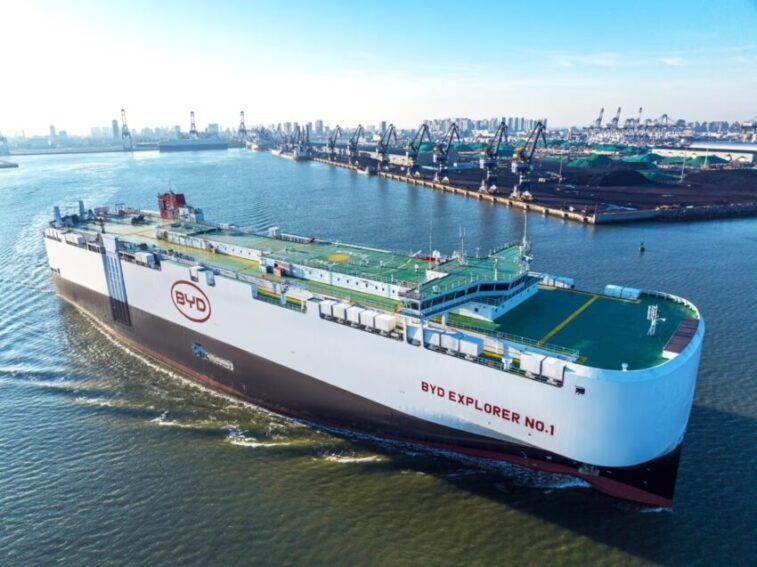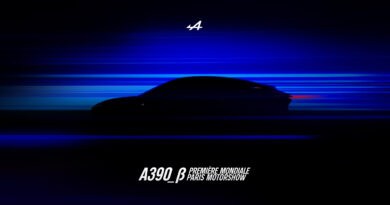Europe cuts tariffs on Chinese imports from key car makers
The European Commission has reduced import tariffs on Chinese-built EVs from several major brands including Tesla, BMW and BYD.
In June, the Commission announced it was imposing tougher new tariffs on electric models built in China, ranging from 17.4% to 37.6% on top of the existing 10% fee.
It said the move was in response to unfair Chinese state support for car makers which allowed them to undercut European brands.
However, it has now revised the tariffs imposed on a number of manufacturers, reducing them by between 0.4% and more than 10%.
Tesla has benefitted most, with the additional tariff on Chinese-built Model 3s cut from 20.8% to 9%. The change comes after Tesla provided evidence on the specific subsidies it had received, which were less than the European investigation had estimated.
Other brands including wholly Chinese groups and European manufacturers who produce cars in China have also seen smaller reductions. Additional tariffs on BYD, which sells the Dolphin, Atto 3 and Seal in Europe, have been reduced from 17.4% to 17%, while Geely, which owns Volvo, Polestar and Lotus, has had its tariffs cut to 19, from 19.9%.
SAIC, which sells MGs in Europe and the UK has seen a larger reduction, from 37.6% to 36.3% Meanwhile, BMW’s Chinese-built Mini will be subject to a lower duty of 21.3%, as will the Cupra Tavascan. Both cars were initially not part of the investigation sample and as a result were initially subject to the highest levy of 37.6% for ‘non-cooperating’ companies. That non-cooperating levy has also been reduced slightly, to 36.3%.
The changes come after several manufacturers lodged appeals against the Commission’s initial ruling. They argued that the initial investigation ignored key information and counter-arguments submitted.
Car makers now have 10 more days to make representations in pursuit of more leniency before the commission makes a ‘final determination’ to be presented to EU members states. They will then vote on whether to impose the tariffs, which would be in force for five years.
The higher levies are intended to redress what the Commission argues are unfair subsidies and other government aid that allow Chinese companies to build cars far more cheaply then export them to the EU at prices which undercut local models.
However, several European car makers have argued against the move, fearful that their own exports to China could be hit with retaliatory tariffs.
At the same time, several Chinese brands are seeking ways to begin building their vehicles in Europe, which would exempt them from the tariffs. Most recently, Dongfeng was reported to be in advanced talks to create a factory in Italy, and Chery plans to open a plant in Spain. BYD also intends to build a plant in Hungary and Stellantis joint-venture LeapMotor International is already building the T03 in Poland.






